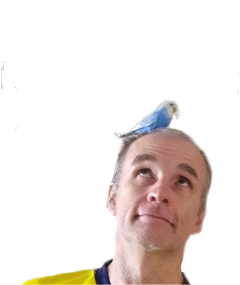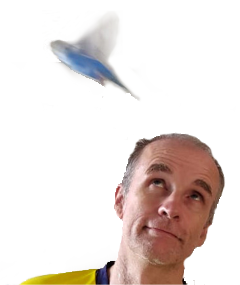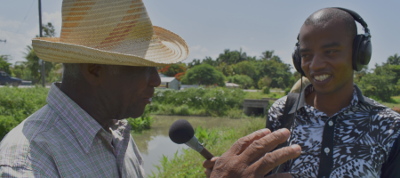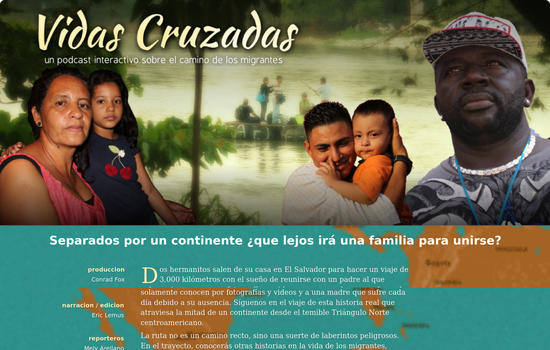
Vidas Cruzadas
This eight part Spanish-language radio drama/documentary was the result of a collaboration with a dozen reporters in Central America, the US and Mexico. The assignment was to repurpose print media stories already published for Immigration Uncovered for distribution on Latin American community radio stations. The production faced two major hurdles:
- As accomplished as they were, our print reporters had no experience in radio.
- Stations were not interested in the short, self-contained and (to them, at least) dry NPR-style reports I was accustomed to producing.
My solution to the first problem was to train the reporters on the fly in the art of writing and recording radio documentaries. I produced a simple, interactive online course to teach them the basics, and spent hours working with them over the phone to convey the concepts of radio storytelling. The material they had at their disposal was limited -- just the recordings on cell phones or digital recordings they had made for their print pieces -- but with some imaginative editing, we were able to produce a series of sound-rich pieces on little known aspects of migration, from a man who massages migrants' feet to an African migrant who wants to cure Mexico's problem of violence with music.
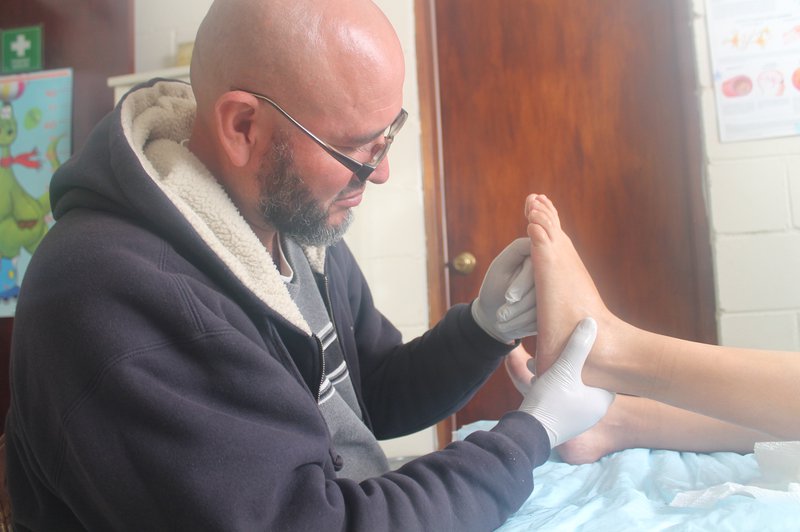
The solution to the second problem required an entirely new approach to making radio. I turned to the tradition of the "radionovela," the episodic, soap-opera format pioneered in Latin America and traditionally used to convey educational material such as anti-corruption messages and health care information. In this case, I used it to tell news stories. Vidas Cruzadas followed the real life story of two young brothers travelling from El Salvador to their parents in the US, with each episode ending in a cliff hanger as the children confronted kidnappers, border patrols and their own fears. Besides the voyage of the brothers, each episode featured one of our reporters' stories, linked thematically or geographically to whatever was happening to the brothers or their parents at that moment.
At the suggestion of station managers and our eloquent narrator Eric Lemus -- and against my own deeply engrained prejudices -- the series made extensive use of popular Latin American music to liven the stories and highlight themes. I commissioned an original folk guitar piece from Veracruz, Mexico, as the theme song. The series might not suit the tastes of the BBC or NPR, but it was aired enthusiastically by dozens of stations covering most of Guatemala, Honduras, El Salvador and southern Mexico. It was even used in panel discussions by a group of migrant mothers turned broadcasters in El Progreso, Honduras, and a Mayan language talk show in Chiapas.
Visit the site (in Spanish)
